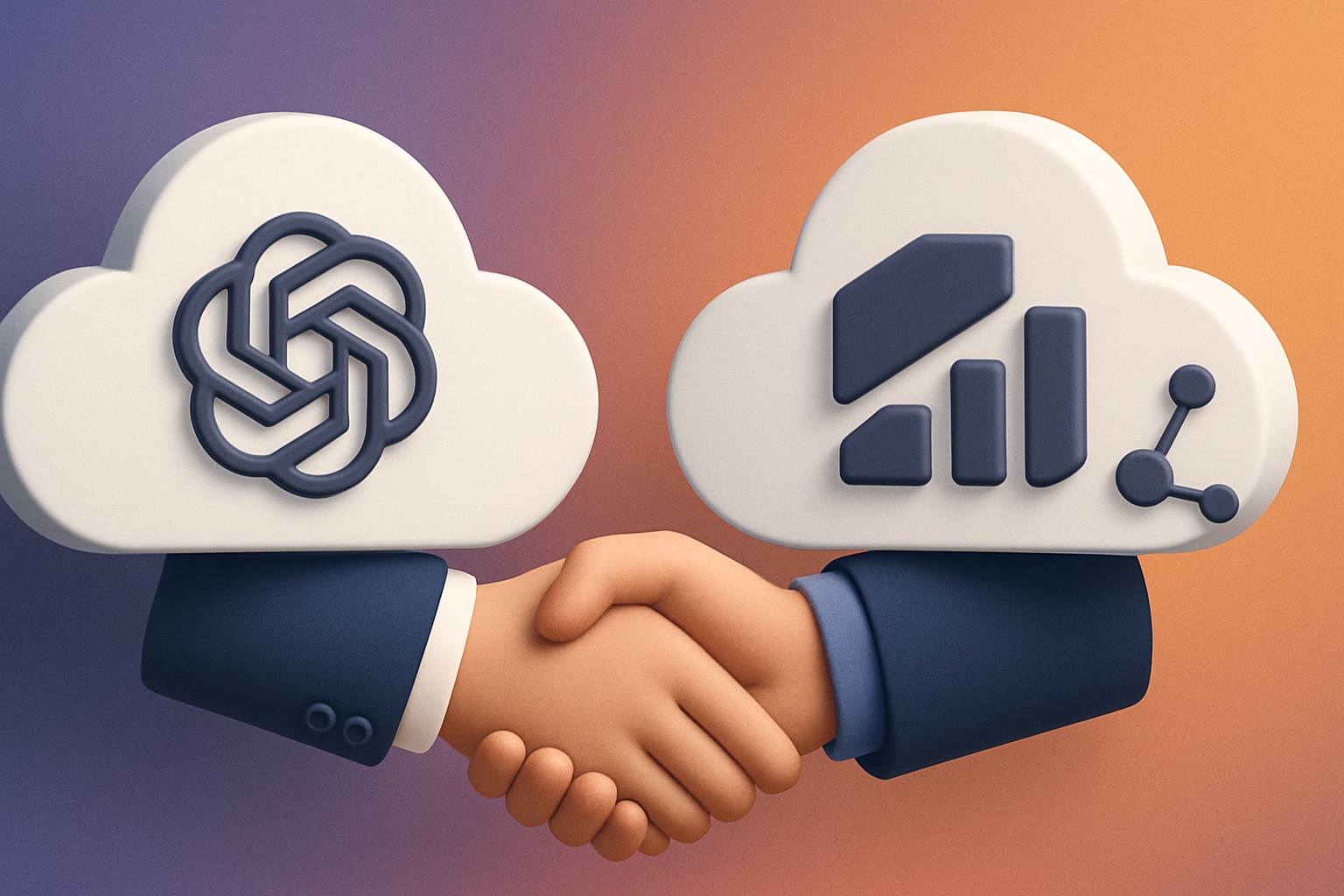
Amazon confirmed that OpenAI's two new open source code models, with capabilities equivalent to the o-series line, will be integrated into two main AI platforms, Bedrock and SageMaker. Although users have previously been able to access these models through hugging Face, this is the first time OpenAI has directly collaborated to provide models on coaching infrastructure. The OpenAI representative compared the implementation to the DeepSeek-R1 model that Amazon had integrated before.
The handshake between the two sides is seen as a strategic move in the context that Microsoft - OpenAI's long-time cloud partner is in the process of renegotiating a long-term cooperation agreement. While Azure remains OpenAI's core platform, the expansion to AWS helps the company gradually reduce its dependence on a single partner and expand its influence in the corporate ecosystem.
For AWS, this event is of great significance as the company is being judged to be lagging behind in the race for generative AI. During a recent business results announcement, CEO Andy Jassy was repeatedly questioned by analysts about AWS losing its AI market share to rivals such as Microsoft and Google. OpenAI's presence on Bedrock and SageMaker gives Amazon more competitive advantages, alongside models from Anthropic, Cohere, Meta, Mistral and internal team.
The AI market is also witnessing countries taking bold steps from other competitors. Oracle recently announced that it has signed a $30 billion a year contract to provide data center infrastructure to OpenAI. This is a figure that far exceeds cloud spending from other customers. Meanwhile, Microsoft continues to expand the integration of AI models into the Windows operating system.
On OpenAI's side, the decision to release new models under the Apache 2.0 license also implies a response to Meta, after the company announced that it may not continue to share source code with upcoming super-AI models.
our partnership with AWS makes it easy for Amazon's corporate customers to access and deploy advanced AI technology from OpenAI right on their existing platforms, without having to switch their systems to Azure. In the long term, this move will not only expand the distribution channel but also increase OpenAI's influence in strategic negotiations with major partners.










